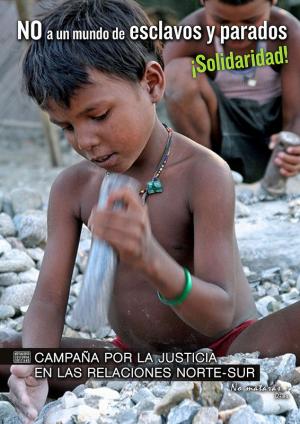
"History is the memory of states," wrote Henry Kissinger in
his first book, A World Restored in which he proceeded to tell the history of
nineteenth-century Europe from the viewpoint of the leaders of Austria and
England, ignoring the millions who suffered from those statesmen's policies. From his
standpoint, the "peace" that Europe had before the French Revolution was "restored" by
the diplomacy of a few national leaders. But for factory workers in England, farmers in France,
colored people in Asia and Africa, women and
children everywhere except in the upper classes, it was a world of
conquest, violence, hunger, exploitation a world not restored but
disintegrated.
My viewpoint, in telling the history of the United States, is different:
that we must not accept the memory of
states as our own. Nations are not communities and never have been, The history of any country, presented as the
history of a family, conceals fierce conflicts of interest (sometimes exploding, most often
repressed) between conquerors and conquered,
masters and slaves, capitalists and workers, dominators and dominated in
race and sex. And in such a world of
conflict, a world of victims and executioners, it is the job of thinking people, as Albert Camus suggested, not to be
on the side of the executioners.
Howard Zinn.
